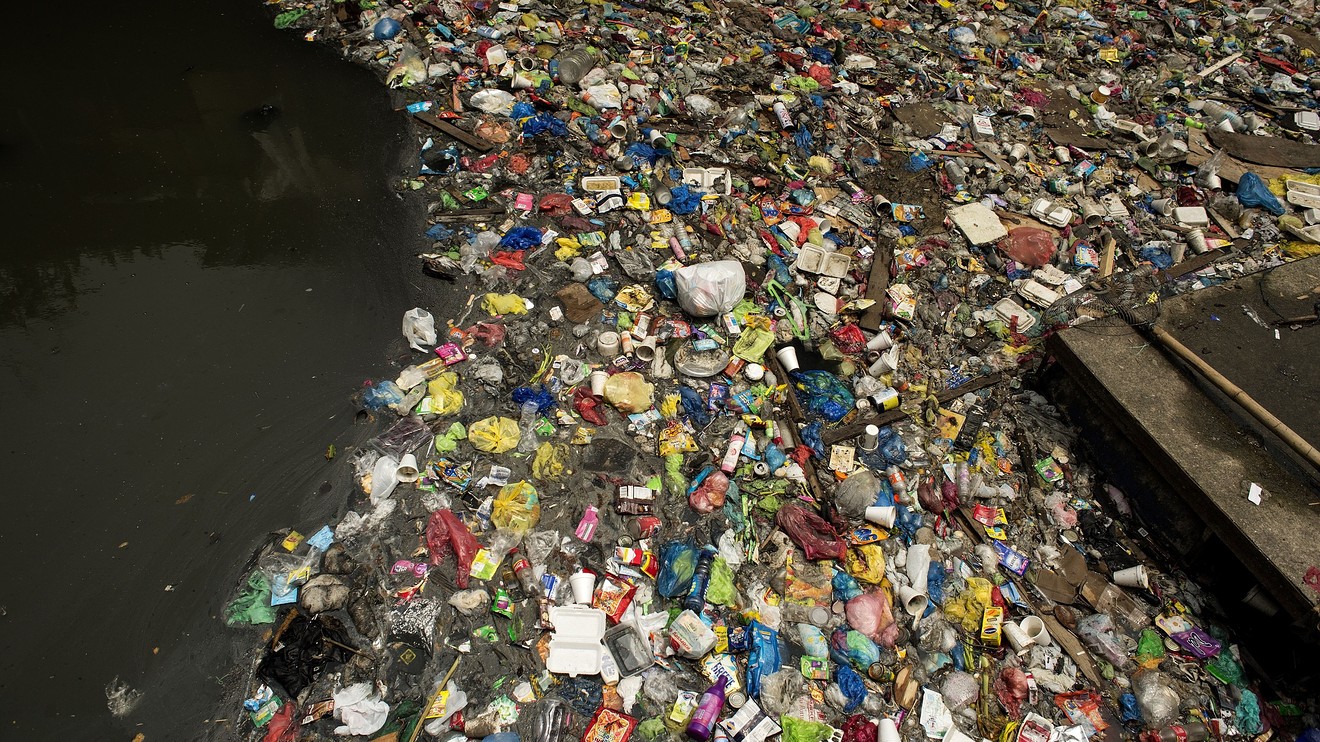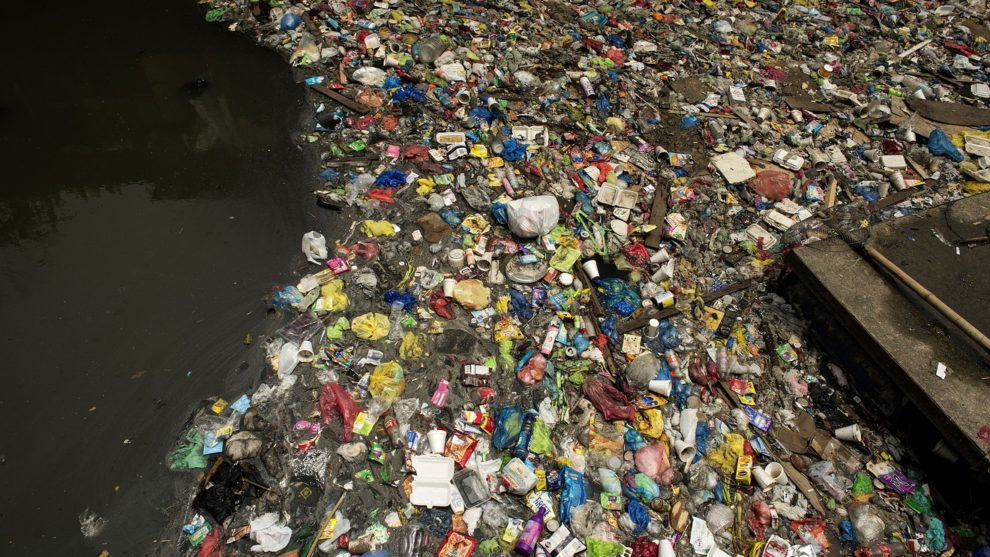
Consumer goods giant Unilever has committed to halving the new plastic for its goods by 2025 — a goal that would cut its use to 386,000 tons of new plastic each year from around 772,000 tons in 2018.
To hit this mark, the Anglo-Dutch seller UL, +0.02% ULVR, +0.86% of Dove soap, Ben & Jerry’s ice cream, Skippy peanut butter and Lipton tea will offer more reusable and refillable packaging, and sell more “naked,” or unwrapped, products. The company will also use more recycled plastic in its packaging and will invest in waste collection and processing, it said Monday.
The company previously committed to making all of its plastic packaging fully reusable, recyclable or compostable by 2025. It now also wants recycled plastic to make up at least 25% of its packaging by the same year.
“There is a lot of plastic pollution in the environment. And the fact of the matter is — too much of it carries our name,” Unilever said in a statement.
Every year, 8 million metric tons of plastics enter the oceans on top of the estimated 150 million metric tons that currently circulate in marine environments, according to the Ocean Conservancy.
The European Commission has said that Europeans produce 25 million tons of plastic waste annually, with less than 30% “collected for recycling.” The U.S. has notoriously low recycling rates; less than 10% of plastics disposed of in the U.S. in 2015 were recycled.
Related: Plastic is not the ‘enemy,’ says Shinzo Abe; Japan uses 30 billion plastic bags each year
As You Sow, a U.S.-based nonprofit for shareholder advocacy on environmental, social and governance issues, says Unilever “appears to be performing a ‘fundamental rethink’ [as pledged by Unilever CEO Alan Jope] in its approach to packaging, exploring reuse and refill delivery systems,” said Conrad MacKerron, senior vice president of As You Sow.
But the pledge may not be enough to change the flow of plastic into the world’s waterways. Scientists are also studying the effect of microplastic in the air though direct health implications from it aren’t fully known.
“Meeting these recycled content collection goals will require unprecedented collaboration among stakeholders including governments, consumers, other consumer goods businesses, and recyclers, and greatly increased funding,” MacKerron added. “We look forward to receiving more details on how this will be implemented.”
Stock performance has been mixed. Unilever ADRs are up about 14% in the year to date but down 6% over the last three months.
Unilever is also participating in an industry initiative called Loop. As part of that project, it’s selling refillable deodorant sticks made from stainless steel. The deodorant lasts one month on average and the packaging can be reused roughly 100 times. Other Loop signatories include Procter & Gamble PG, -0.94%, Nestlé NSRGF, +0.29% , PepsiCo PEP, -1.38% , Danone DANOY, +0.64% and Mondelēz International MDLZ, -1.63% .
The As You Sow advocacy group has called out PepsiCo for its failure to increase U.S. bottle and can recycling rates after eight years of effort.
“We hope Unilever can learn from the previous failed efforts of others, and undertake unprecedented collaboration with stakeholders, including aggressive promotion of extended producer responsibility, or similar, legislation in the U.S., where we continue to suffer from embarrassingly low recycling rates,” MacKerron and group added, in a release.
Jope was a supporter of the recently announced initiative, timed with a major United Nations meeting on climate, by metals billionaire Andrew Forrest in creating more incentive to close the plastic economy, encouraging more reuse and less new plastic.
Jope said then that reduction will be achieved “only by rethinking plastic — from design to collection — and recognizing it as a valuable resource which should be kept in the economy and out of the environment.”
Read: Metals billionaire Andrew Forrest is making a $300 million bet on the next big commodity — plastic










